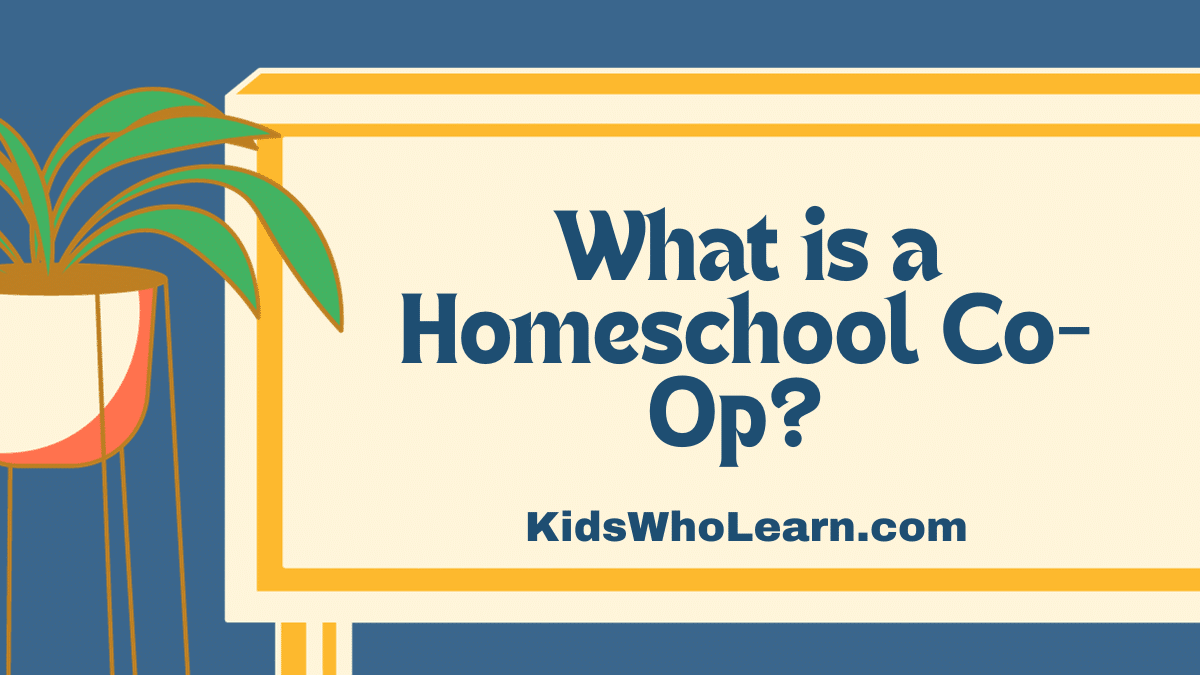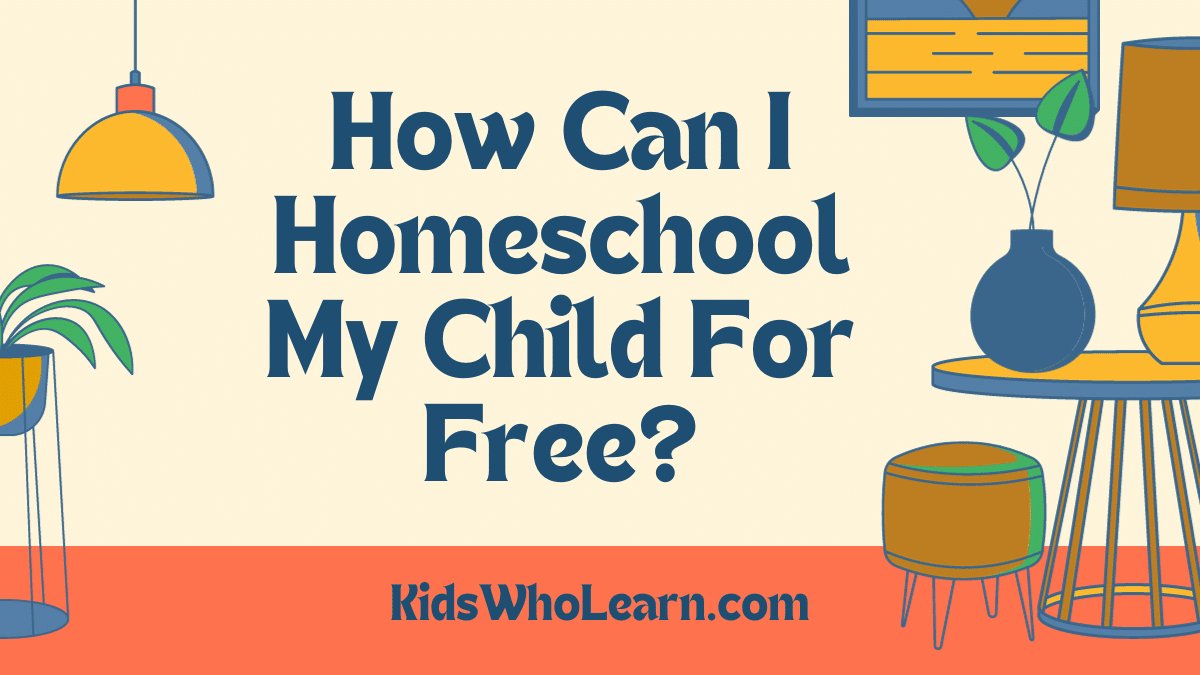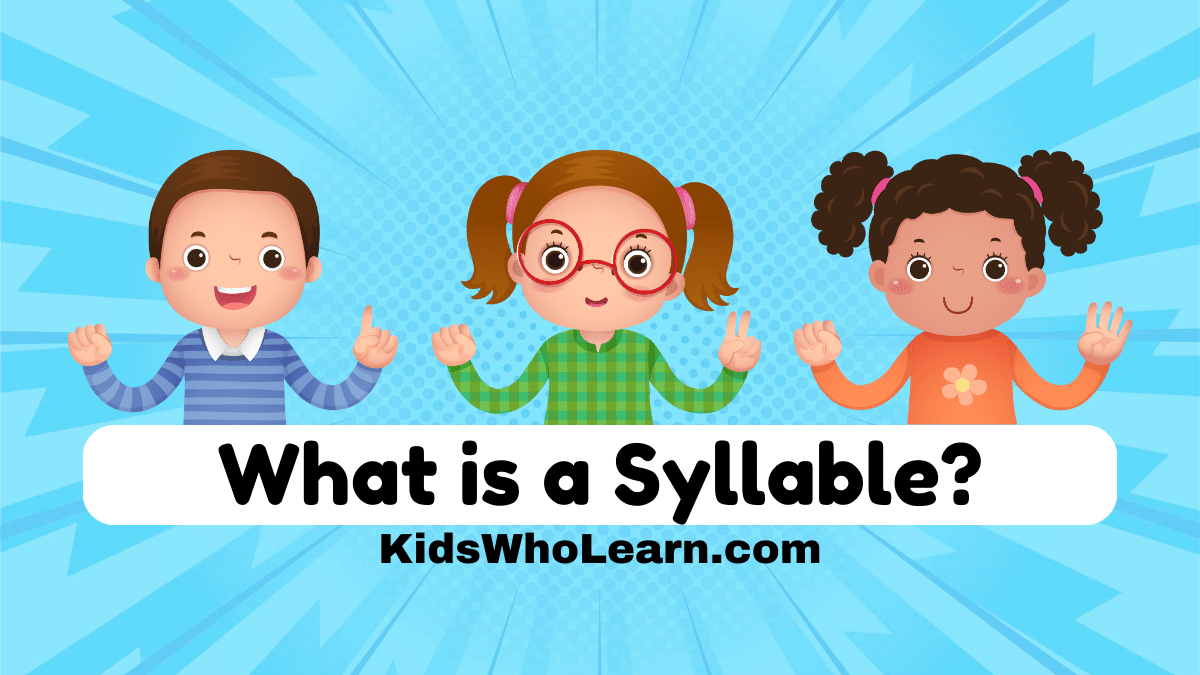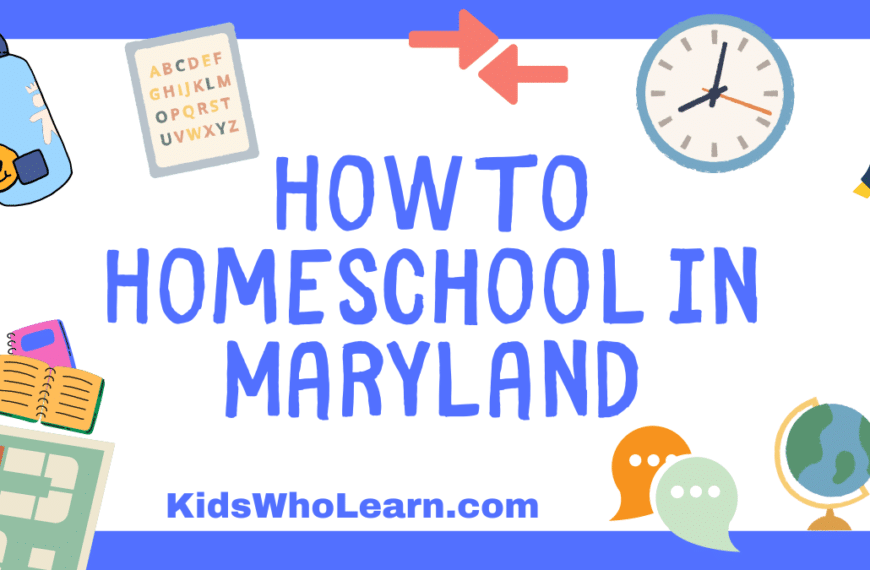Homeschooling has gained increasing popularity over the years due to its flexibility and personalized approach to education, often prompting families to explore ways to enhance their children’s learning experiences. One such method that has emerged as a valuable resource for homeschooling families is the homeschool co-op.
A homeschool co-op, or cooperative, is essentially a group of homeschooling families who come together to share the responsibility of teaching and organizing educational activities for their children. These co-ops not only provide a well-rounded educational experience but also help to alleviate some of the challenges that can arise when homeschooling. By pooling resources, skills, and ideas, families create an enriching environment that encourages socialization and collaboration among their children.
Key Takeaways
- Homeschool co-ops are groups of families that come together to share the responsibility of educating their children.
- Benefits of a homeschool co-op include a well-rounded educational experience and opportunities for socialization.
- Choosing the right type of homeschool co-op, starting one, and overcoming challenges are essential aspects to consider.
Understanding Homeschool Co Ops
Definition
A homeschool co-op, short for cooperative, is a group of families that come together to create an enriching educational experience for their children. In a co-op, each family contributes according to their skills and interests to provide various learning opportunities for the children involved. It’s a supportive environment where you and other homeschooling parents can share resources, ideas, and responsibilities. This results in a diverse and collaborative learning experience for your child, tailored to your values and educational goals.
History
Homeschool co-ops have been around since the early days of homeschooling. As more families chose to homeschool their children, they found that working together could enhance their child’s education and address common challenges. Early co-ops were informal, organized by like-minded parents seeking to support each other and their children’s learning journey.
Over time, homeschool co-ops have evolved into more organized structures, encompassing various approaches and formats. Some co-ops are highly-structured, with specific curricula and schedules, while others are more flexible and open to customization. The main goal remains the same: to provide a community of families working together in an educational setting.
Benefits of a Homeschool Co-op
Learning Opportunities
As a homeschooling parent, joining a homeschool co-op can provide a variety of learning opportunities for your child. In a co-op, several families pool their resources and expertise to create a more diverse educational experience. This could include group classes, field trips, and extracurricular activities. The variety of subjects and experiences offered in a co-op can help broaden your child’s understanding of the world.
Socialization
One common concern about homeschooling is the lack of social interaction for children. However, a homeschool co-op can help address this issue. Within the co-op, your child can interact with peers in a group setting, participate in team activities, and develop their social skills. This allows your child to make friends and experience social situations in a controlled, supportive environment.
Support for Parents
Another significant advantage of homeschool co-ops is the support they provide for parents. Homeschooling can be challenging, and it’s essential to have a support network. Co-ops offer a community of like-minded families who can share ideas, materials, and resources. You’ll have fellow homeschool parents that understand your journey and can help you navigate through any obstacles you may face.
Remember, a homeschool co-op can provide valuable learning opportunities, socialization, and support to make your homeschooling experience more enriching.
Types of Homeschool Co Ops
There are several types of homeschool co-ops that you may encounter. They are generally centered around academic enrichment, social interaction, and special interests. Let’s dive into each of these types.
Academic Co-Ops
Academic co-ops focus mainly on academics and learning. In these co-ops, you’ll find a group of homeschool families coming together to share resources, materials, and teaching responsibilities. These co-ops help enhance your child’s educational experience by providing subjects that you may be less familiar with or simply want to supplement their learning. Some examples of classes taught in academic co-ops are:
- Math: Group math lessons to reinforce concepts or explore advanced topics.
- Science: Hands-on experiments and group labs.
- Literature: Book discussions and group projects based on selected books.
Social Co-Ops
Social co-ops revolve around providing a welcoming environment that allows homeschool students to socialize and make friends. These co-ops often have events and activities where students can interact with their peers. Here are some examples of activities that might be offered:
- Park days: A time for students to play, explore, and connect with each other at a local park.
- Art classes: Group art classes, allowing peers to interact and learn from each other.
- Field trips: Go on exciting field trips to expand social experiences and knowledge.
Special Interest Co-Ops
Special interest co-ops are centered around a particular interest or hobby that may not be covered in the homeschool curriculum. These co-ops can provide an opportunity for you and your child to explore new subjects or delve deeper into specific interests. Examples of special interest co-ops include:
- Robotics: Group activities focused on building, programming, and operating robots.
- Language clubs: Learn languages, such as Spanish or French, from native speakers through fun activities.
- Sports or Physical Education: Engaging in group physical activities, such as soccer or dance.
As you consider different types of homeschool co-ops, remember that it’s important to find the best fit for you and your child. You can even participate in multiple co-ops to cover various aspects of their education and social needs.
Starting a Homeschool Co-Op
Planning and Organization
To start a homeschool co-op, you’ll need to plan and organize your group. Begin by reaching out to other homeschooling families in your area to gauge interest. Next, establish the goals and objectives of the co-op, such as academic enrichment or social interaction. Decide on a structure for your co-op, whether it will be informal (like playgroups) or more structured (with formal classes).
Once you have gathered interested families, hold a meeting to discuss important decisions like:
- Schedule and frequency of meetings
- Location(s) for co-op activities
- Curriculum and educational resources
- Age groups and class sizes
Create a shared calendar and communication platform to keep members informed and engaged.
Costs and Resources
Starting a homeschool co-op involves some costs and resources. These may include:
- Facility rental: If you don’t have a free space to use, you may need to rent a facility for meetings and classes.
- Curriculum and supplies: Purchasing or sharing curriculum materials and resources, as well as other necessary supplies.
- Insurance and legal fees: For the co-op’s protection, consider obtaining liability insurance and consulting with legal professionals to establish the co-op as a formal entity.
To offset these costs, consider membership fees or fundraising efforts. Also, look for free local resources and community support, such as volunteer instructors or donated materials.
Roles and Responsibilities
Establish clear roles and responsibilities for all members of the homeschool co-op. This will prevent confusion and promote a sense of ownership in the group. Typical roles may include:
- Coordinator: Oversees the co-op’s operations, schedules, and communications.
- Teachers: Plan and provide instruction in their areas of expertise.
- Treasurers: Manage the financial aspects of the co-op, such as budgets and membership fees.
- Event planners: Organize field trips, social events, and other extracurricular activities.
Remember to be flexible and open to change, as your homeschool co-op evolves and grows. By working together and sharing responsibilities, you can create a thriving and successful homeschool community.
Challenges of Homeschool Co-Ops
As you navigate the world of homeschool co-ops, there are a few challenges that might arise. In this section, we’ll discuss some of these obstacles, specifically the time commitment, potential conflicts, and learning differences.
Time Commitment
One challenge you might face is the time commitment involved in homeschool co-ops. Organizing, planning, and attending these educational groups can be time-consuming, especially when you’re already managing your own homeschooling curriculum. Some of the tasks you might need to take on when participating in a homeschool co-op include:
- Lesson planning
- Coordinating schedules with other members
- Arranging field trips or other educational outings
- Communicating with other parents and teachers
It’s essential to carefully consider your own availability before jumping into a homeschool co-op to ensure that it’s manageable and adds value to your family’s homeschooling experience.
Potential Conflicts
Another challenge that might arise is potential conflicts within the co-op. When you’re collaborating with other families, it’s not uncommon to encounter differing opinions or misunderstandings. Some common areas where conflict might occur are:
- Disagreements on teaching styles or curriculum choices
- Different standards on discipline and behavior
- Scheduling conflicts or time commitments
Keeping open lines of communication and addressing concerns quickly can help alleviate these conflicts and maintain a positive atmosphere within the homeschool co-op.
Learning Differences
Lastly, it’s important to recognize that there will be learning differences among the children in your homeschool co-op. Each child has their own unique way of learning, and it can be challenging to accommodate everyone’s needs during group activities or lessons. In order to create a successful learning environment, consider the following:
- Implementing a variety of teaching methods to cater to different learning styles
- Providing additional support or resources for students who may struggle
- Encouraging open communication between parents, teachers, and students about any difficulties
By being aware of these challenges and proactively addressing them, you can create a supportive and productive homeschool co-op experience for everyone involved.
Frequently Asked Questions
How do homeschool co ops work?
Homeschool co-ops are groups of families who come together to share their skills, knowledge, and resources for the education of their children. In a co-op, parents take turns teaching different subjects to the group of children. This way, each parent contributes to the learning of all the children in the co-op, while also benefiting from other parents’ expertise.
What are the benefits of a homeschool co op?
There are several benefits to participating in a homeschool co-op, such as:
- Sharing the responsibility of teaching various subjects with fellow parents
- Gaining access to resources and support from other families
- Providing a social environment for your children to make friends and learn from peers
- Offering your children the opportunity to participate in group activities, such as field trips and projects
- Customizing the learning experience to align with shared values and goals
How do I find a homeschool co op near me?
To find a homeschool co-op near you, try the following methods:
- Use online search engines and websites dedicated to homeschooling resources
- Browse through local homeschooling Facebook groups or other social media platforms
- Attend homeschooling conferences, workshops, or support group meetings in your area
- Reach out to friends, family, or neighbors who homeschool to get recommendations
What are common rules for homeschool co ops?
Homeschool co-ops may have unique guidelines depending on each group’s preferences. However, some common rules might include:
- Attendance and punctuality requirements
- Dress codes or standards
- Guidelines for respectful behavior and communication
- Expectations for parental involvement and participation in the co-op
- Rules about handling disputes or handling misconduct
- Details about financial contributions and shared resources
How much does a homeschool co op cost?
The cost of a homeschool co-op can vary greatly depending on factors such as location, size, and the resources required. Some co-ops may charge a membership fee, while others may require families to contribute to shared expenses, such as curriculum, supplies, or facility rentals. Additionally, parents may need to invest time and effort in teaching and/or administrative duties.
What steps are necessary to start a homeschool co op?
Here’s a basic outline of the steps to start your own homeschool co-op:
- Identify your goals and reasons for starting a co-op
- Gather like-minded families who share similar educational values and goals
- Decide on the structure and organization of the co-op (such as size, schedule, location, etc.)
- Determine a budget and financial plan for the co-op
- Draft necessary documents like a mission statement, bylaws, and guidelines
- Assign roles and responsibilities to participating parents
- Develop a curriculum, lesson plans, and a schedule for the co-op
- Establish a system for communication and coordination among parents
- Make arrangements for necessary supplies, materials, and facilities







